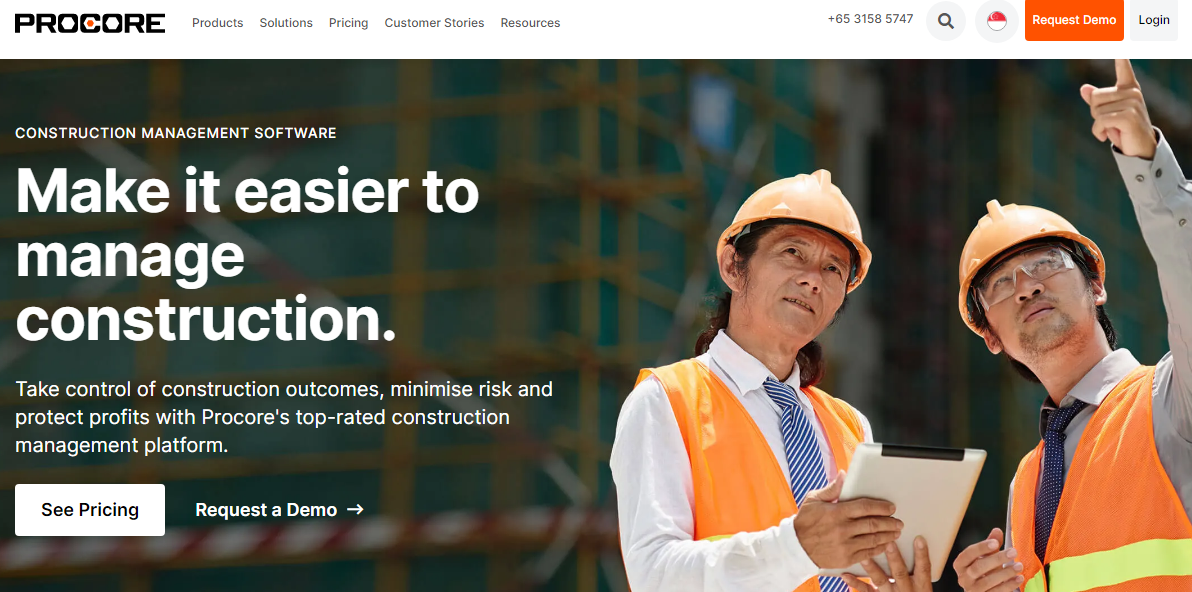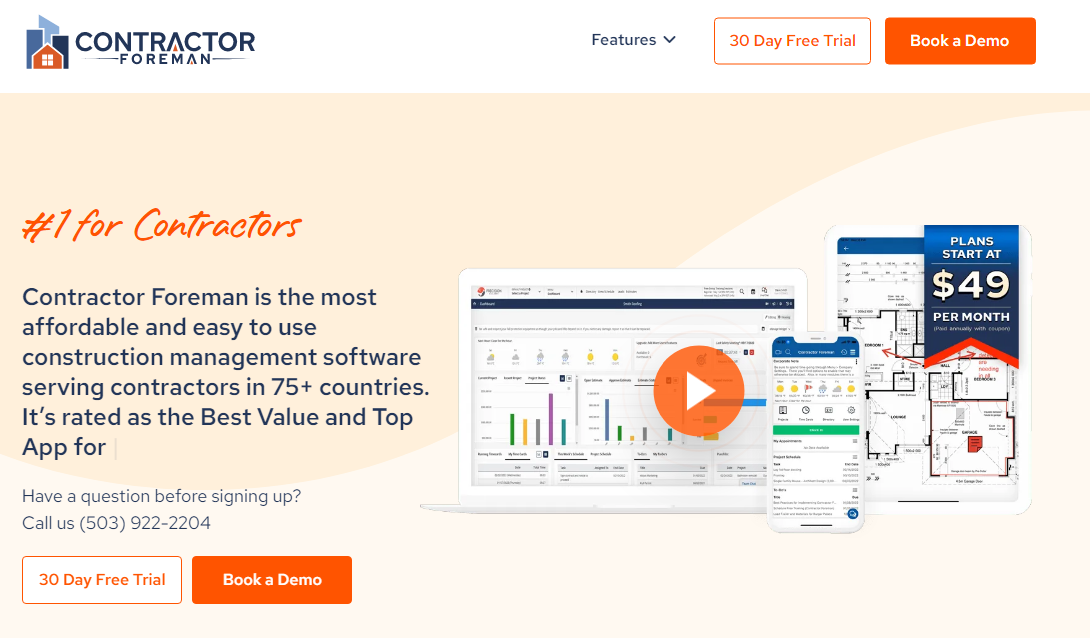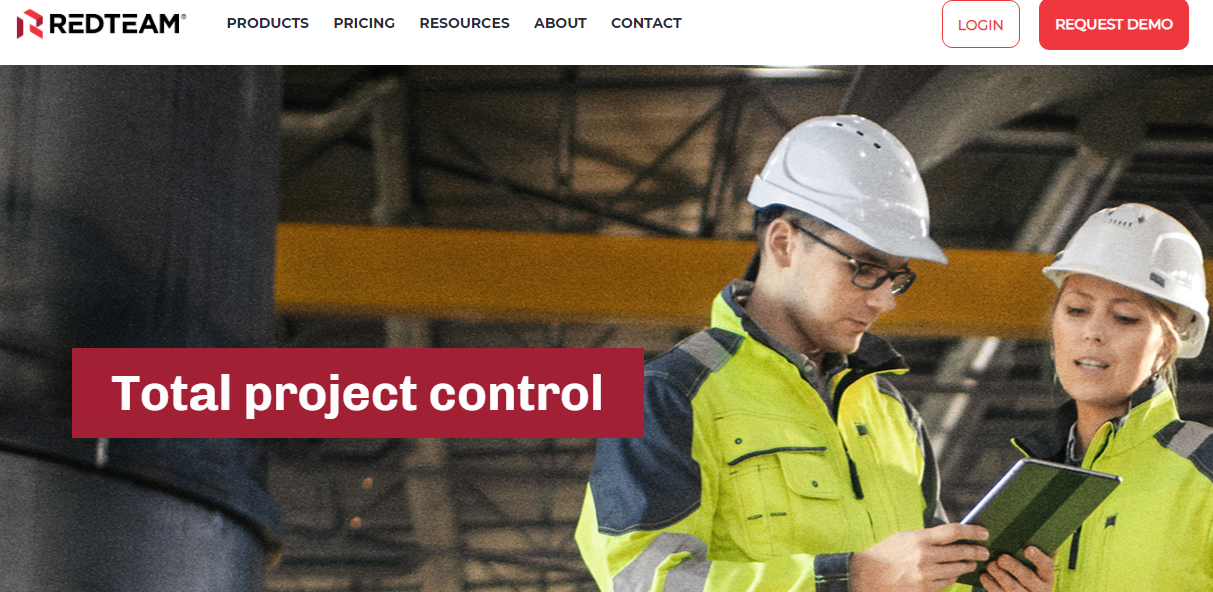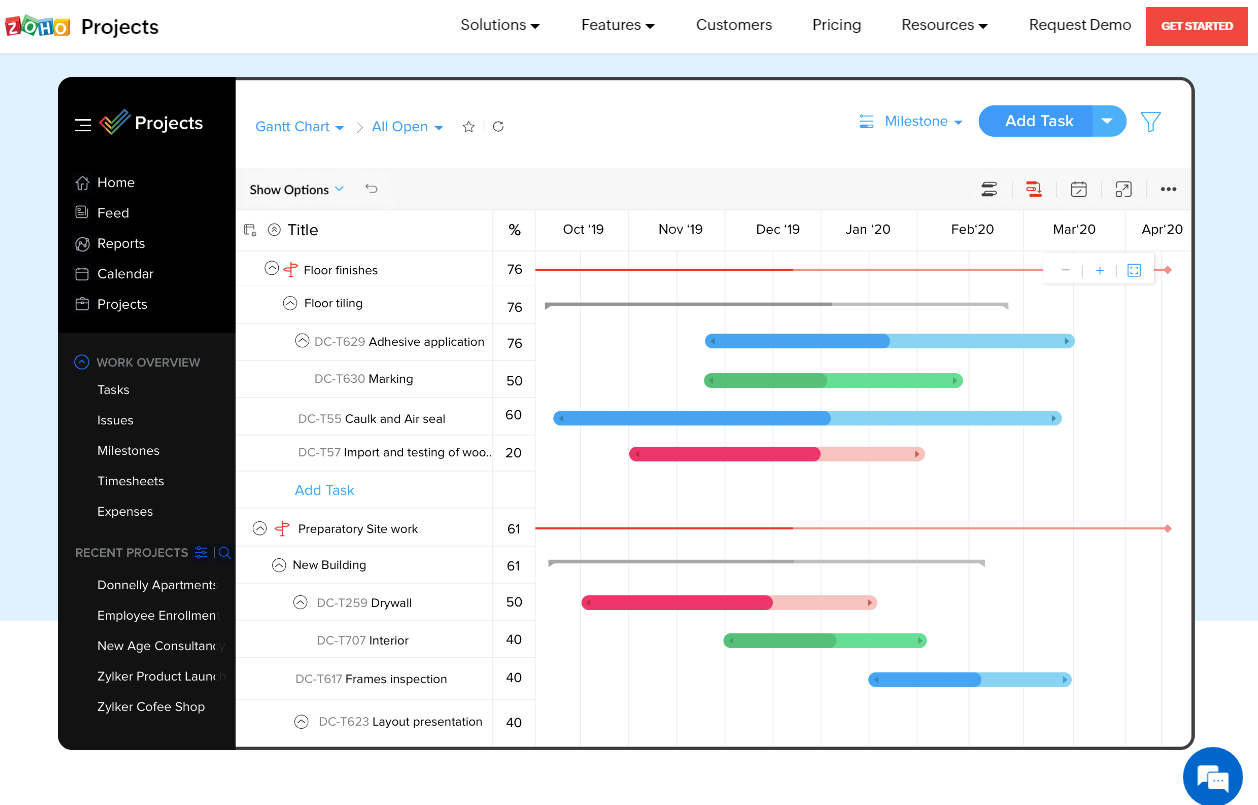
Construction projects have a bad reputation for going over budget and running late, and this reputation is not without foundation. These projects are challenging to keep on schedule and within budget due to their complexity, cost, and need for cooperation from numerous different stakeholders. Your project might become yet another cautionary tale if you’re not using the best construction project management software for your requirements.
Using project management software for construction is an efficient way to keep your projects on schedule, regardless of whether you’re the lead contractor for a construction firm or the project manager for an A&E group. It can aid in the management of documents, the facilitation of submittals and bids, the creation of precise estimates, the planning of resource allocation, and collaboration with project stakeholders.
How does it Work?
Construction project management is a difficult process. A construction company needs to be able to manage multiple projects effectively, stay within budget, keep teams on schedule, and ensure quality in order to be successful. Reliable project management software for the construction industry streamlines these procedures and enables businesses to centralize tasks, securely share data, and keep track of all project components in real time.
The way that construction project management software functions is by connecting people, tools, and data. The tool ensures that each contractor uses the same version of the truth while automating document distribution and workflows. The software can assist in contract drafting and digitizes documents to create audit trails for all construction projects.
The software also aids in creating accurate project estimates and keeping track of costs and resources. For instance, contractors can schedule the necessary equipment and materials while developing a project budget and schedule using construction management software. It can also handle business reporting, which is used to find new opportunities or enhance business operations.
Benefits of Construction Project Management Software
Software for construction management provides a wide range of additional advantages in addition to transparent project tracking.
- Improved collaboration.
The construction team can collaborate anywhere and at any time thanks to construction project management software. Even when they are not present on the job site, the software maintains alignment among builders, contractors, clients, and stakeholders.
Many software vendors also offer mobile apps so that employees can stay in touch while on the go. Users can send documents, drawings, and messages thanks to sophisticated collaboration features. Additionally, project managers can update clients on budget statuses, reports, and updates using construction project management software.
- Better accountability.
Document control, a feature of the majority of construction management platforms, reduces liability by establishing audit trails for plans, RFIs, change orders, and submittals. Users of the software can keep track of additions and updates to the documentation because it is kept in a secure repository under version control.
- Accessibility and security.
Businesses won’t have to worry about losing paper documents because construction management software includes document control and management features. Centralized document management improves document security and provides authorized users with global file access.
- Enhanced cost control and budget management.
The ability to track project estimate costs and receive alerts when a project is about to go over budget is provided by construction management. To improve data accuracy and financial insights, many construction project management systems integrate with construction accounting software.
- Successful resource administration.
Software for construction management organizes resources to facilitate more informed decision-making. It monitors and examines data from prior projects to find and fix resource management flaws.
How to choose the best construction project management software?
Remember that access, document control, and ease of use are the three most crucial characteristics of any project management software for contractors. When trying to select the software that will best suit your company, start by paying attention to these three features.
In addition to those, you should consider whether you need only project management tools or if you want to manage your company’s finances with a single piece of software. If you only use project management features, you might be able to lower your monthly or yearly expenses, but only if you already have a system in place for proposals, bids, and billing.
Your existing software and your construction project management software can be connected through integrations, which can speed up your workflow and save you time. The integrations with accounting software, email, and calendars are the most crucial ones.
Features for lead generation and marketing are similar to bonuses. If you work for a general contractor that has a department that handles outreach and presales, you might not need these. Construction project management software that includes some of these tools might be an option for smaller operations.
Best Construction Project Management Software
1. Procore

One of the most popular project management tools for the construction sector is called Procore. Tens of thousands of international construction projects are carried out thanks to its nearly one million users. Procore is a great fit for big construction companies that operate across multiple states or even internationally because of its popularity and scope.
Procore offers unrestricted data storage, native mobile apps for iOS and Android, and a personal implementation manager for each client.
2. Contractor Foreman

Contractor Foreman, which lives up to its name, is the industry-leading software for contractors. It is used in more than 75 countries and has been translated into 10 different languages. In keeping with its customer-centric roots, the software continuously solicits feedback from contractors about their shifting needs and then regularly publishes software updates in response to user requests.
3. RedTeam

RedTeam might be the perfect solution for your medium-sized construction company if you’re looking for software that is more capable than Contractor Foreman but less complex than Procore. RedTeam was created for midsize commercial construction builders who require a good balance of features and usability, but it is also aimed at contractors. RedTeam is currently used by more than 500,000 people to maintain the timeliness of their construction projects.
RedTeam adopts a somewhat novel strategy by segmenting its features into three distinct solutions for building contractors: FieldLens for jobsite management, RedTeam Go for turnkey construction management, and RedTeam flex for more adaptable and customizable construction management.
4. CoConstruct

The majority of construction project management software is created for commercial construction operations; however, other types of construction, like home building or remodeling, may not be compatible with that set of features. CoConstruct, which has more than 100,000 users, is intended specifically for home builders and remodelers, in contrast to other software that is more focused on commercial construction.
With features like purchase order management, schedule coordination, budget forecasting, and more, CoConstruct is a fantastic option for construction professionals who would rather spend their time remodeling homes than figuring out difficult software. Reviewers do point out that the interface occasionally feels dated and is difficult to use. They also wished the scheduling view had more details so they could quickly see everything.
5. Zoho Projects

You might need a full set of business tools, ranging from accounting to HR software, in some circumstances rather than just construction project management software. You should definitely look into Zoho software if that accurately describes your company’s requirements. Although Zoho is best known for its HR tools, the company also provides a specialized project management tool called Zoho Projects that is suitable for the construction sector.
For tracking and managing construction jobs, Zoho Projects offers a variety of features, such as project documentation, a chat messaging tool, progress reporting, real-time status updates, invoicing, and more. Additionally, Zoho provides more than 300 pre-built extensions for third-party products like Microsoft, Google, and others.
Conclusion
Although these five options are excellent choices, there are many other software tools available for managing construction projects. Additionally, you will have a huge selection of options to choose from if you broaden your search to include traditional project management.